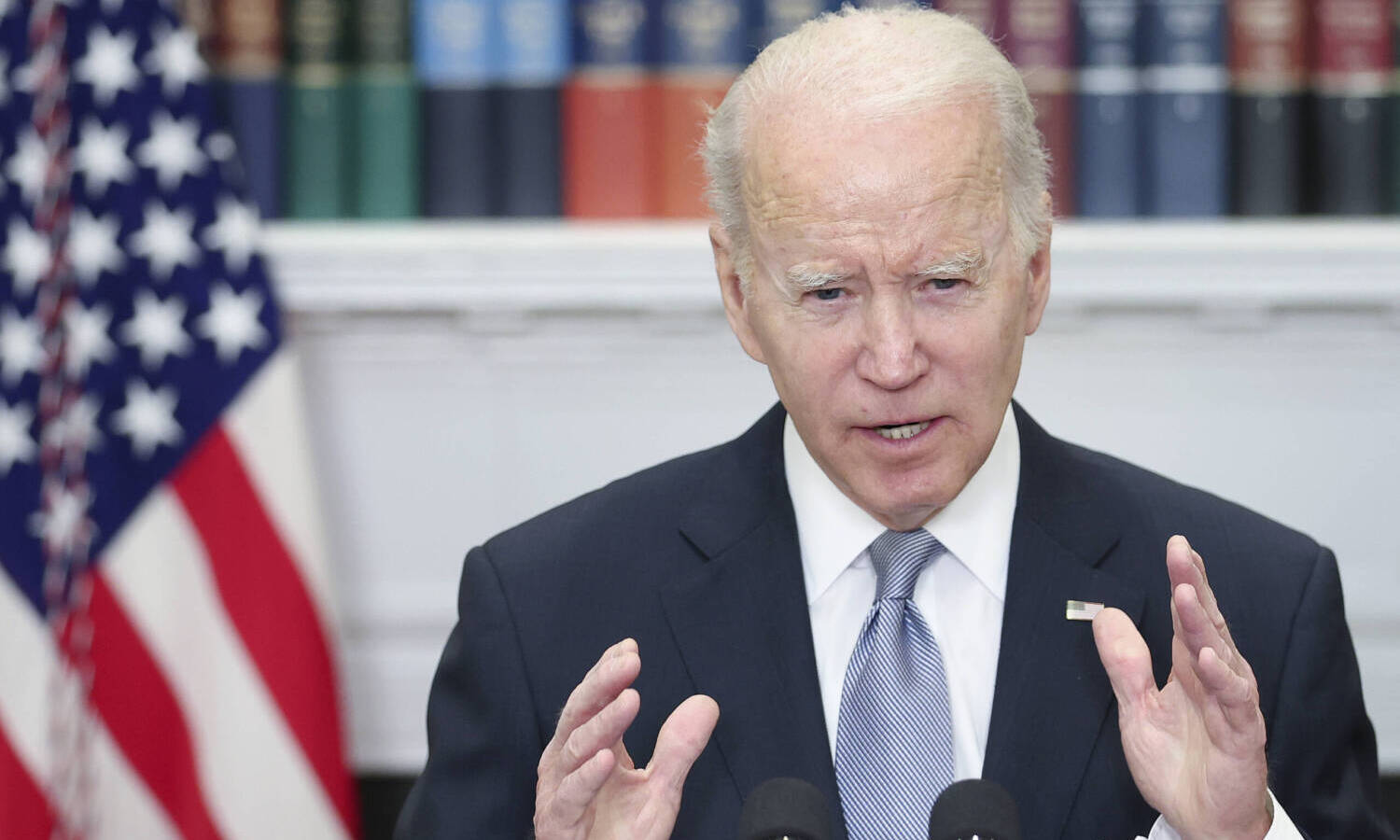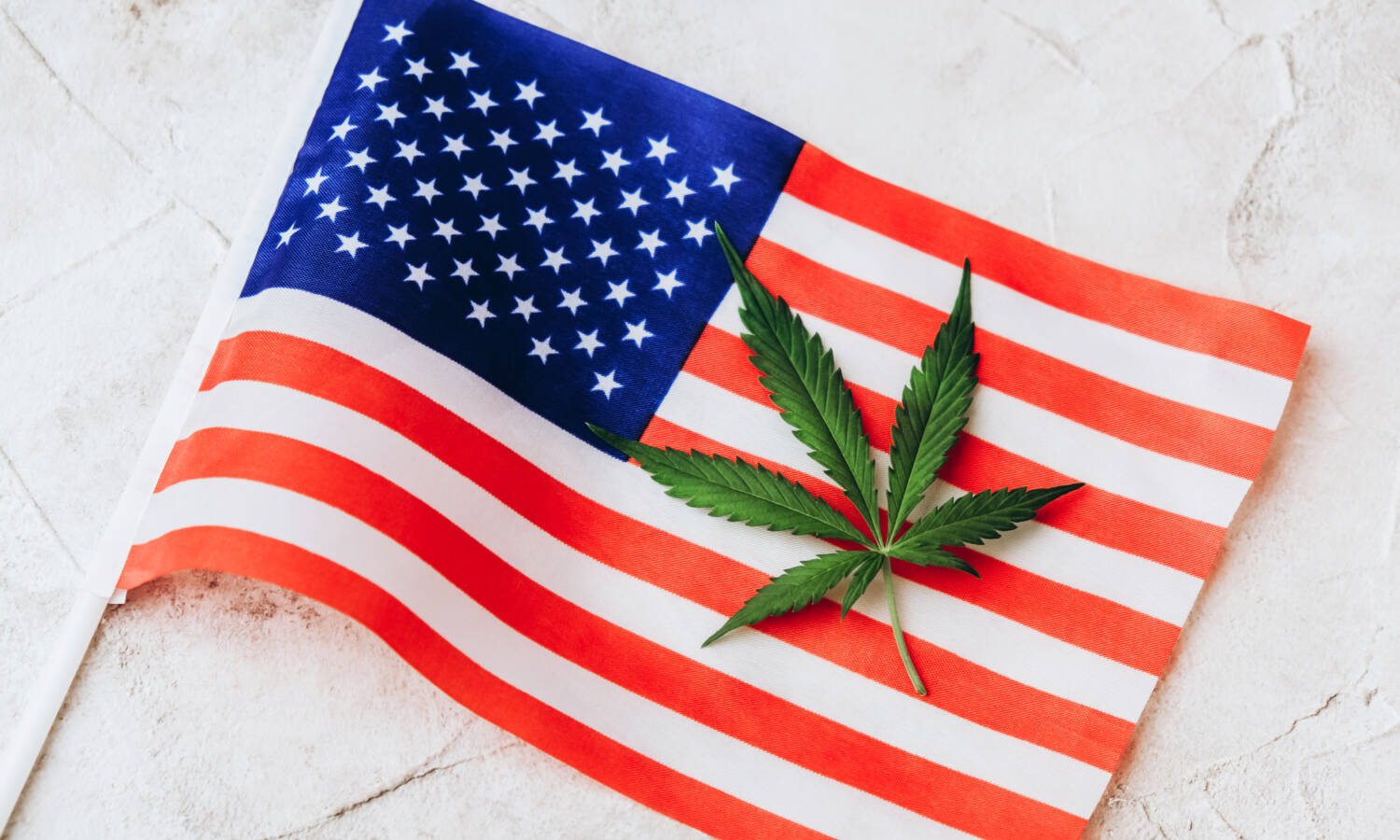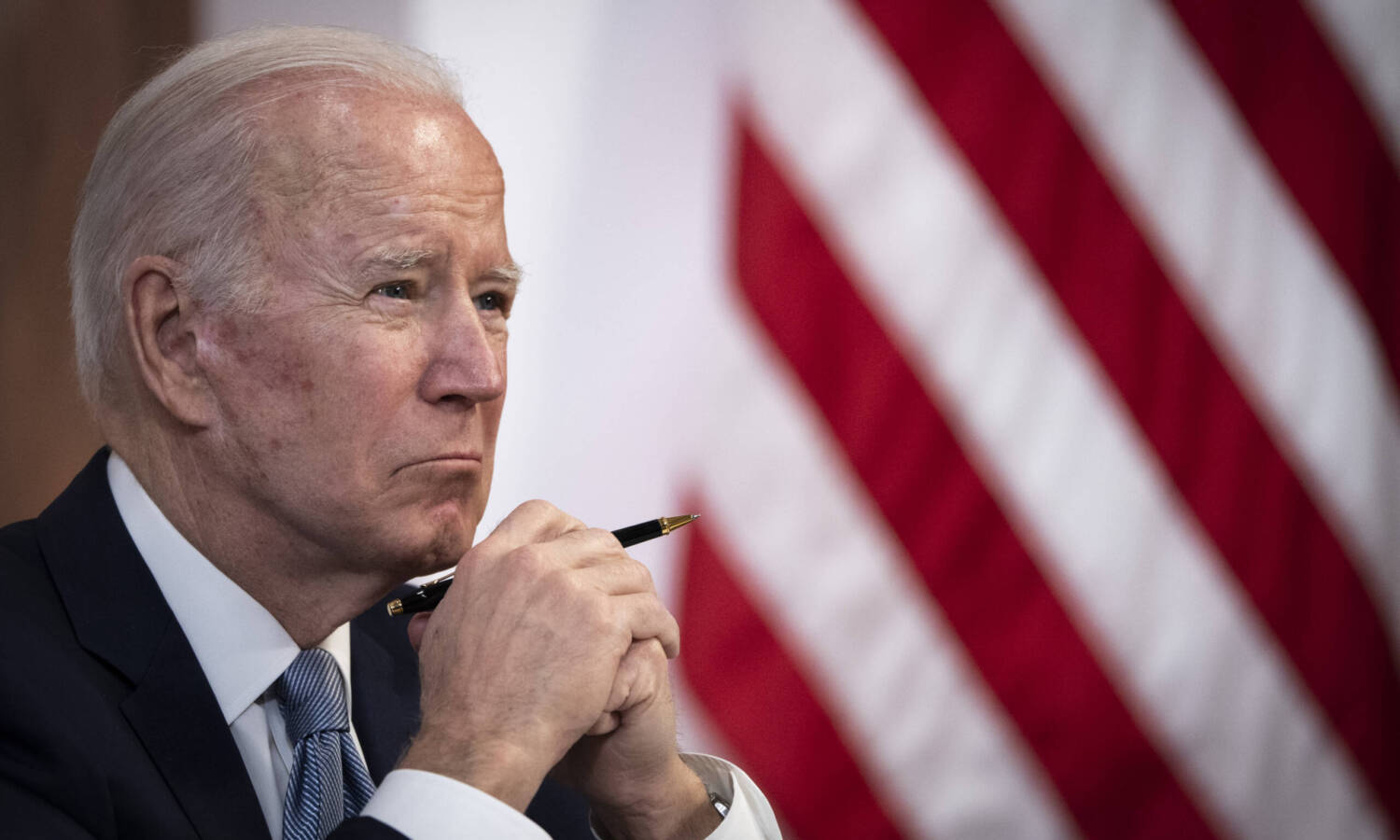Biden remains unwavering in his opposition to adult-use marijuana legalization although active discussions among top lawmakers and officials about its legal status are ongoing.
By
President Joe Biden has finally granted clemency to dozens of individuals with non-violent federal drug convictions and commuted the sentences of 75 people who were serving time at home because of the pandemic. He also issued three pardons.
The president’s move marks his first clemency action after over a year in the Oval Office. However, according to an official White House press release, only nine of the clemencies mentioned cannabis. A mass pardon for people serving time over the plant has yet to happen, much to the disappointment of advocates and families of those incarcerated.

“America is a nation of laws and second chances, redemption, and rehabilitation,” Biden said in a statement. “Elected officials on both sides of the aisle, faith leaders, civil rights advocates, and law enforcement leaders agree that our criminal justice system can and should reflect these core values that enable safer and stronger communities.”
Biden’s move builds on Trump’s decision to sign the bipartisan First Step Act into law. Many of the people who were granted relief “would have received a lower sentence if they were charged with the same offense today,” Biden acknowledged.
Biden Opposes Recreational Marijuana
In the meantime, Biden remains unwavering in his opposition to adult-use marijuana legalization although active discussions among top lawmakers and officials about its legal status are ongoing.
What Are Lawmakers Doing To Push The Envelope?
The House of Representatives approved the Marijuana Opportunity, Reinvestment and Expungement (MORE) Act, H.R. 3617 on April 1, sending it to Senate. The MORE Act removes cannabis from the federal Controlled Substances Act, allowing states to legalize cannabis, its production and sale free from federal interference.
Charles Schumer (D-N.Y.) and fellow Sens. Cory Booker and Ron Wyden, introduced the outline of the Cannabis Administration & Opportunity Act (CAOA) in July 2021. They are seeking to file the comprehensive proposal before the August recess, after a recent delay.
RELATED: Biden Administration Dodges Marijuana Decriminalization Question: Will Joe Legalize It?
With lawmakers urging President Biden to consider cannabis legalization, many speculate on whether he will succumb to the wishes of supporters from his own party as well as many in the GOP, or if he’ll use his veto power to nix the cannabis legalization bill once it’s on his desk.

Lawmakers Continue To Push For Cannabis Legalization
In December, Rep. Alexandria Ocasio-Cortez (D-NY) urged the president to take unilateral action on cannabis policy.
“Biden needs to lean on his executive authority now. He has been delaying and underutilizing it so far,” AOC tweeted. “There is an enormous amount he can do on climate, student debt, immigration, cannabis, health care and more. Time is running out — we need to move and use alternative paths.”
RELATED: Biden Probably Won’t Reject Senate-Approved Cannabis Legalization Bill Despite Unclear Stance
Paul Quirk, a political scientist at the University of British Columbia in Canada, recently said that Biden “would be hard-pressed to veto” legislation that supports cannabis use because he can’t allow losing the younger generation of voters, reported Newsweek.
“Legalization is favored by two-thirds of all Americans, an even higher percentage of Democrats, and the vast majority of younger people. The 18-39-year-old age group is exactly where Biden has lost the most support since his inauguration,” Quirk said.
“Vetoing marijuana legalization would make Biden public-official enemy No. 1 to many of the young voters whose support he badly needs to win back.”
Marsha Cohen, a law professor at UC Hastings partially agrees with Quirk, even though chances are slim that the bill will be approved in the Senate.
“Young people may also be those least likely to be responsive to pollsters right now because they might not care. This [bill] might ‘talk’ to them,” Cohen told Newsweek.
This article originally appeared on Benzinga and has been reposted with permission.


